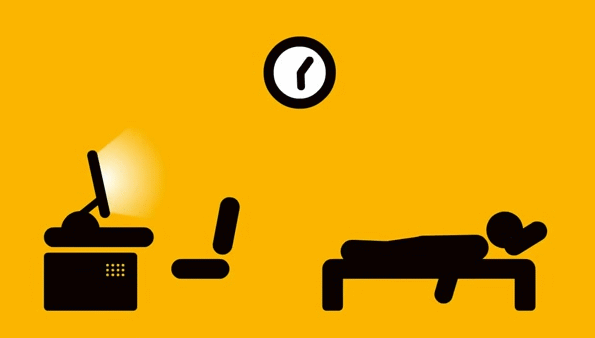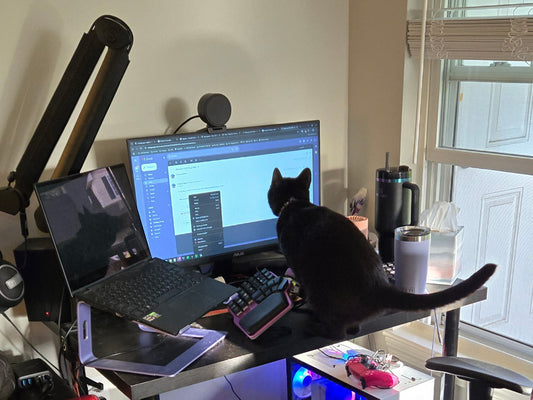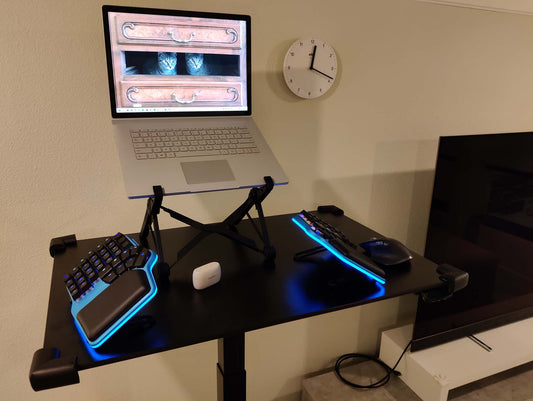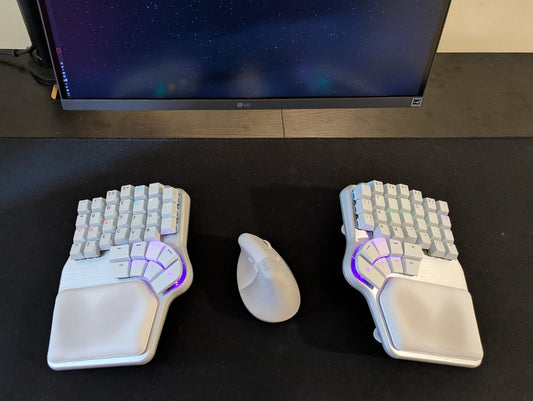Our days are ruled by a set of activities that we repeat over and over. It’s a cycle. It’s our daily routine. Some of us find ourselves doing these daily tasks in autopilot mode.
We wake up. We take a bath. We have breakfast. We have coffee. We go to work. We exercise. We sleep. We wake up and start the cycle again.
There are some people whose routines vary. But even the most adventurous of us end up having a certain amount of repetitive tasks.
Our work routine
One aspect of our lives that is generally filled with long hours of repetition is our work routine. Some of us sit in front of a computer for long hours designing our next business campaigns or coding complex programs. Some of us spend most our hours trying to beat other players in a strategic online game, while some of us analyse statistical data from various Excel files on a day to day basis.
All of these tasks require a lot time and patience. It only becomes worth it once we find fulfilment in completing them.
A coder is happy when he or she finally creates a set of codes that work smoothly.
A game streamer feels great pride when he or she is being cheered and showered with praises because of finally beating a world record.
The risks
However, no great deed comes without a price. We all fall victims to mental and physical stress when constantly working on the computer. Sore wrists, terrible back pain, and even serious medical conditions like Carpal Tunnel, are on the rise because of the demanding workloads and personal hobbies.
What’s scary is that we don’t even realise how much of our work is causing stress to our muscles and nerves.
We only know the effects once it becomes evident that something is wrong. It can start with a discomforting pain in our wrist, and can slowly end up as an injury that affects our entire body.
All of this sounds quite intimidating, and I’m sure you are all wondering whether or not there is a solution. Well, there is. Ergonomics.
Ergonomics is an applied science that focuses on a human-centred design. This scientific discipline emphasises on optimising human well-being and overall performance.
Most of the stress and pain we experience can be corrected and prevented if we adopt ergonomically enhanced products. Simple exercises and awareness of our body position while working can make radical changes and may even eliminate the amount of pain we may be experiencing.
Our day to day activities may be repetitive. But that doesn’t mean we have to suffer. What good can come out from creating the best design, the best program, or beating a world record, if our health is at risk?
We must not neglect our well-being. After all, if we do things repetitively, day in and day out, being comfortable and injury-free can increase our performance.
Our days can be ruled by a set of activities that we repeat over and over. But if we enjoy it and continuously work towards improving our health and well-being, then there’s nothing wrong with being part of this cycle.










